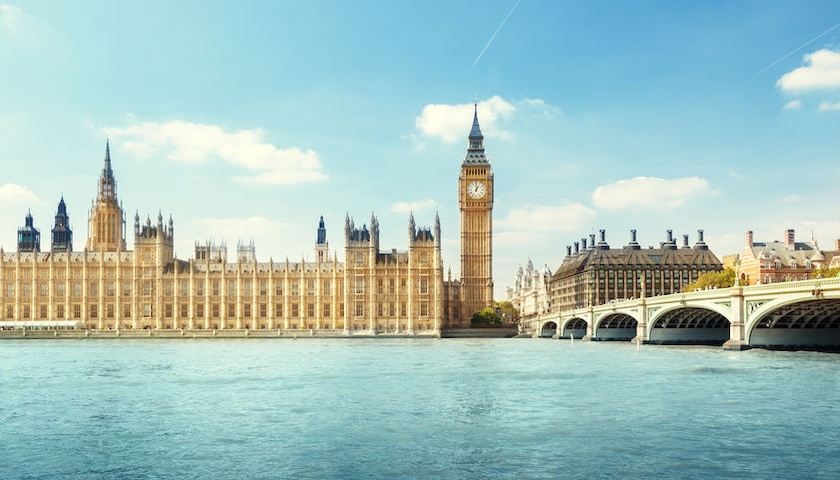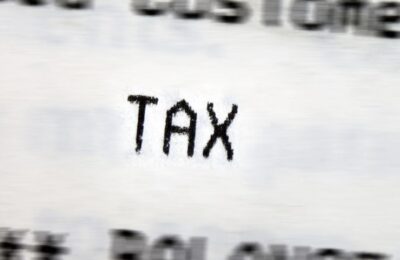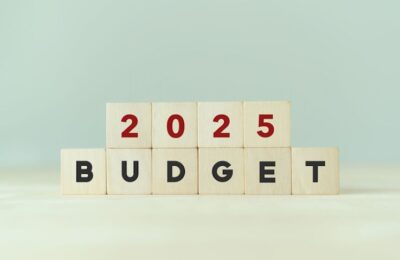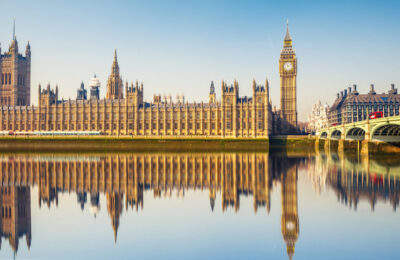Not all that long ago, the government’s annual Budget was a very traditional matter. The Chancellor would hold aloft a battered despatch box that belonged to Gladstone. He’d also enjoy a tipple, such as a generous whisky, while delivering the Budget. And before he spoke, none of his announcements would have been leaked. How different things are with Budget 2024!
Before the Chancellor uttered a word, the press was full of stories about what Budget 2024 would contain. Headline announcements included a further 2p cut to National Insurance, higher taxes on short-term holiday lets and limiting tax breaks for non-doms. Other stories included a levy on vaping products, an energy windfall tax and higher taxes on business-class flights.
So, did these measures actually make it into Budget 2024? To help you understand what the Budget means for you, we have summarised the key announcements below.
Budget 2024: a summary
The Chancellor began with the OBR forecast that inflation will drop to under 2% in a few months’ time. He explained that this has allowed him to make many of the changes in Budget 2024.
Tax
National Insurance. Employee NI to drop from 10% to 8% from 6th April 2024. National Insurance contributions for the self-employed will be reduced from 8% to 6%.
VAT. The VAT registration threshold will rise to £90,000 from April 2024 (up from £85,000).
CGT. The higher rate of Capital Gains Tax on property will drop to 24% from 28%. The Chancellor believes this will increase receipts.
Non-doms. The current tax system for non-domiciled people will be abolished. It will be replaced with a system where non-doms pay no tax for four years. Anyone who has been a tax resident in the UK for more than four years will pay UK tax on their foreign income and gains.
Alcohol duty. This will be frozen until February 2025.
Fuel duty. This will be frozen for another 12 months.
Vaping. There will be a new tax on vaping, accompanied by an increase on tobacco duty at the same time.
Flights. The tax on non-economy flights will go up.
Windfall tax. The Chancellor extended the sunset clause in the energy windfall tax for an additional year, to 2029, raising £1.5bn.
Property
Furnished holiday lettings relief will be abolished.
Savings and investments
British ISA. There will be a new ‘British ISA’. This will give individuals an extra £5,000 tax-free allowance to invest exclusively in UK assets. This allowance is on top of current ISA allowances.
Business
Full expensing. Draft legislation will extend full expensing so that it applies to leased assets.
Recovery Loan Scheme. This will be extended with an additional £200m.
Investment Zones. In April the first Investment Zones in the North of England and the Midlands will be launched, with a 10-year package of funding benefiting local skills, R&D, local infrastructure and business investment. This will benefit Liverpool, South Yorkshire, Greater Manchester, the West Midlands and the North East.
Debt and benefits
Child Benefit. From 2026, the High Income Child Benefit Charge (HICBC) will based on household income rather than individual earnings. Currently it is charged when one parent earns over £50,000. As an interim measure, the HIBC threshold will rise to £60,000. It will then taper for earnings up to £80,000. This measure will affect almost half a million families.
Advance loans. The repayment period for new advance loans for people on Universal Credit will increase from 12 months to 24 months.
Debt relief orders. The £90 charge for debt relief orders will be abolished.
Household Support Fund. This fund, which helps low-income families facing particular financial problems, will continue for another six months.
Culture
National Theatre. The Chancellor allocated £26.4m of funding for the National Theatre to upgrade its stages.
Creative industries. There will be £1bn in additional tax relief for creative industries over the next five years
Defence
Defence spending will go up to 2.5% of GDP as soon as economic circumstances allow this.
Health
NHS investment. There will be a new £3.4 billion investment in the NHS, including in AI for cancer diagnosis, cutting admin and improving access and services for patients. The investment could help save £35 billion by 2030.
NHS funding. There will be an extra £2.5 billion for the NHS.
Other announcements
Day-to-day public spending will have a 1% growth in real terms.
Police. £230 million announced to help speed up police response times, including the use of drones as first responders.
Courts. There will be £170m to fund non-court resolution, helping to cut delays in courts.
Schools. The government will fund 50 new schools for special needs children.
Memorial. The Chancellor allocated £1m for a memorial to the “Muslims who died in two world wars in the service of freedom and democracy”.
About Ben Locker
Ben Locker is a copywriter who specialises in business-to-business marketing, writing about everything from software and accountancy to construction and power tools. He co-founded the Professional Copywriters’ Network, the UK’s association for commercial writers, and is named in Direct Marketing Association research as ‘one of the copywriters who copywriters rate’.
More posts by Ben Locker












